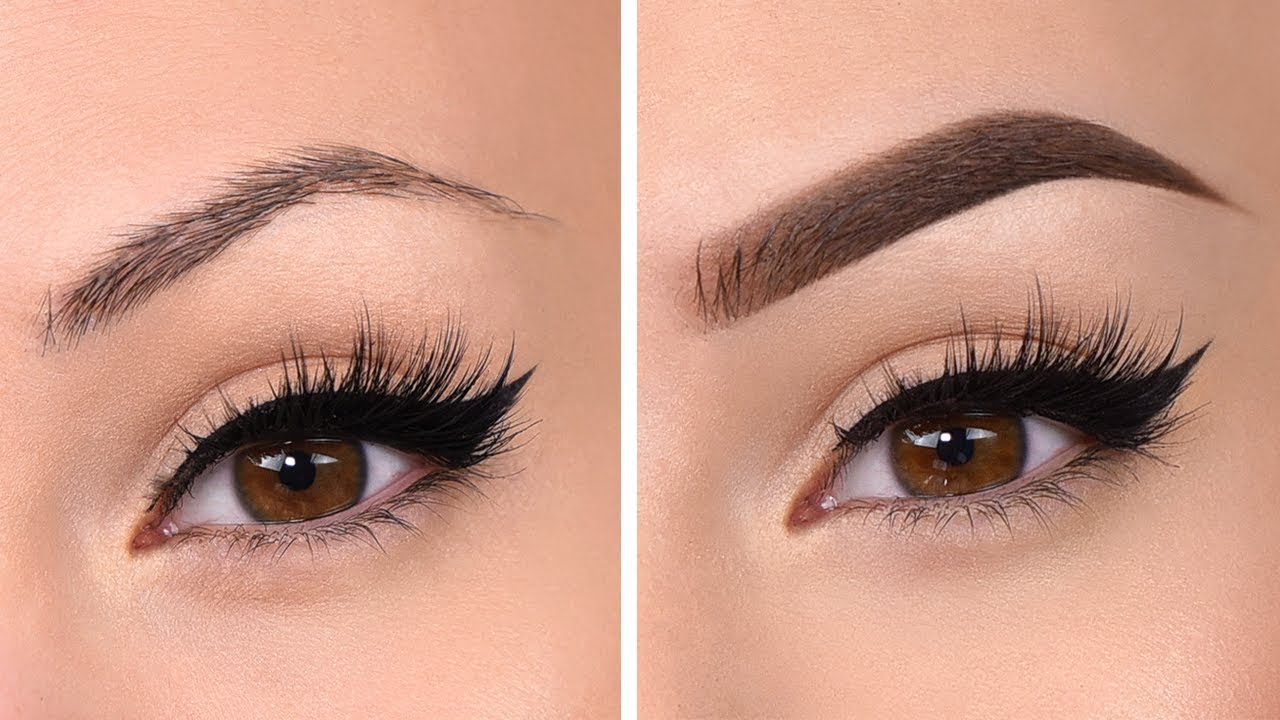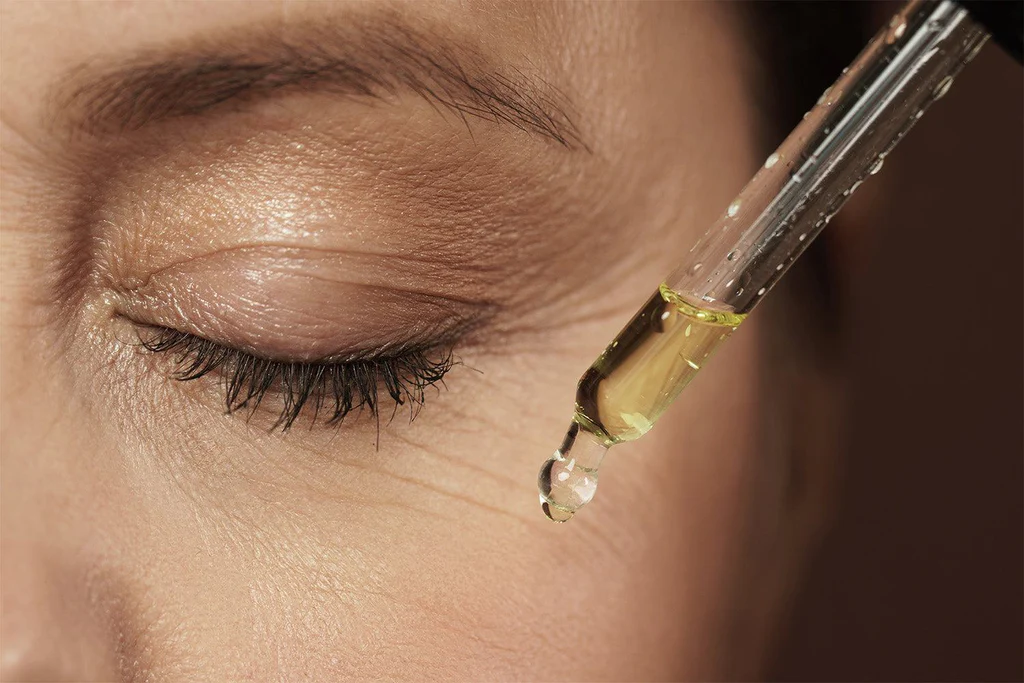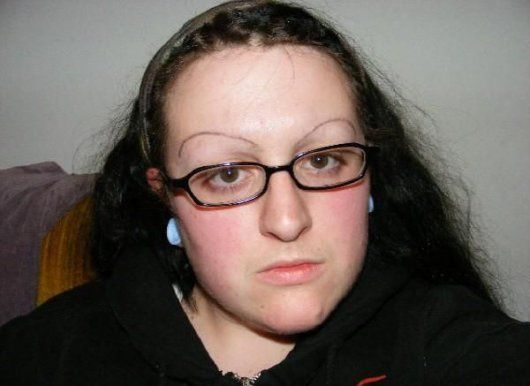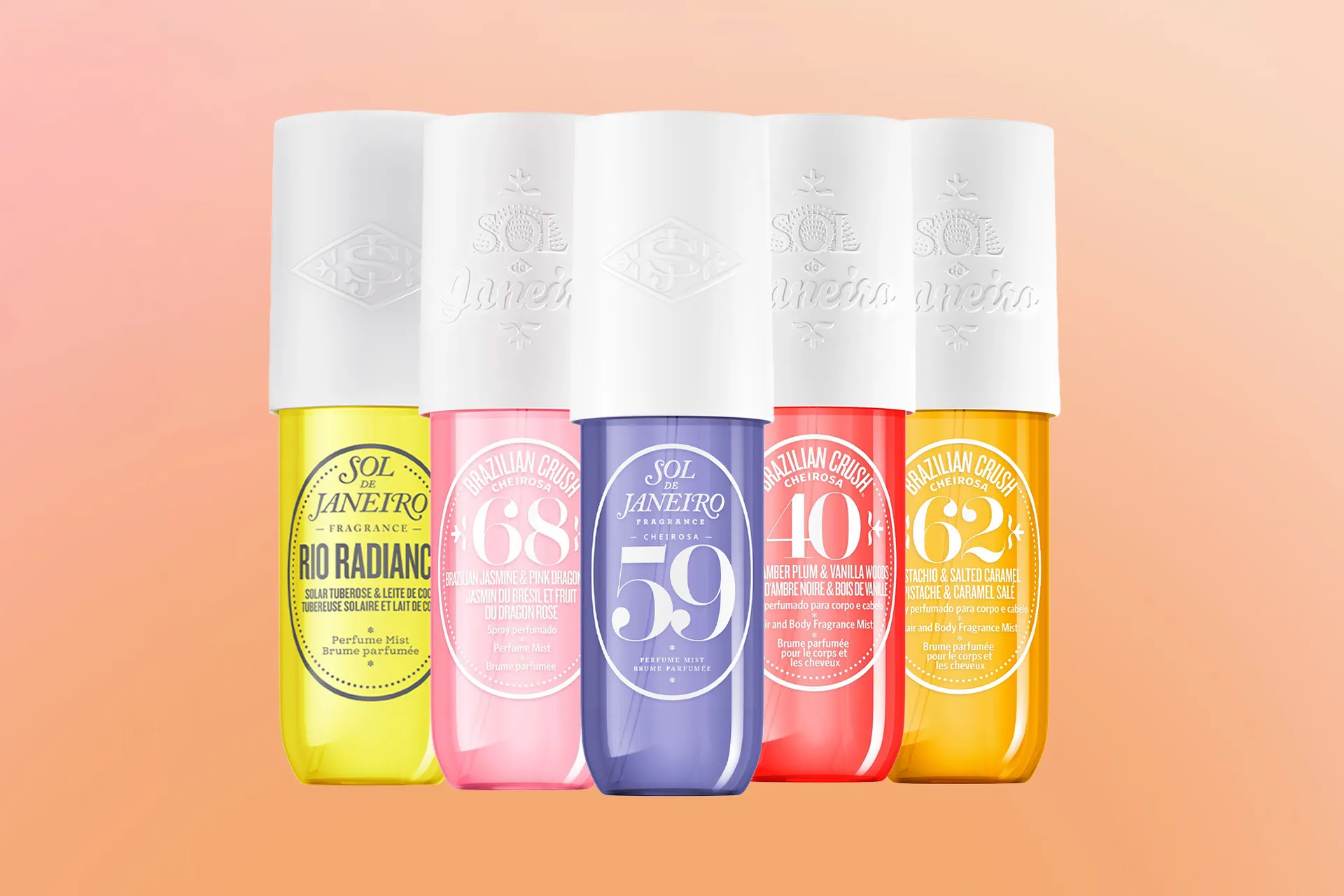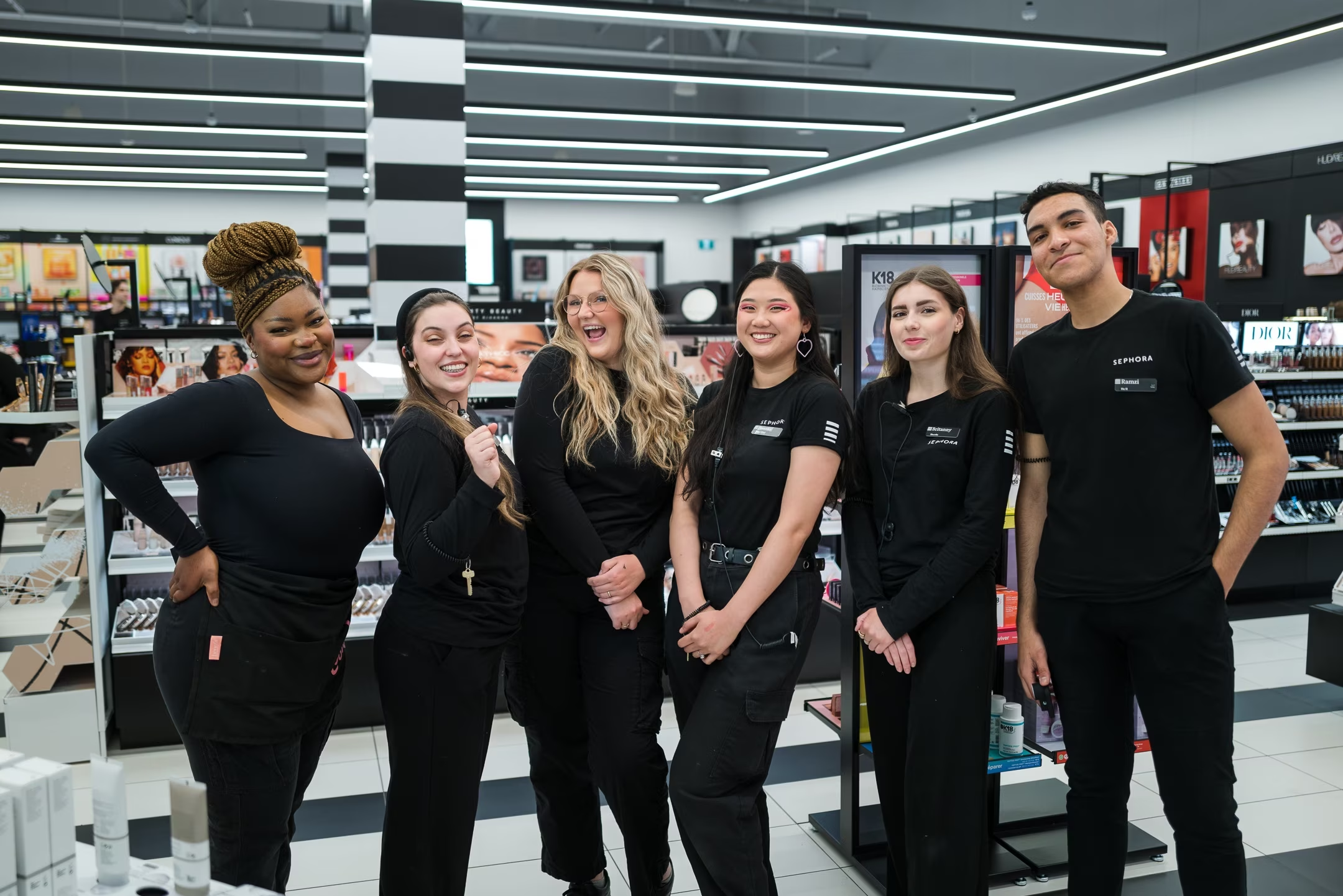
 By
Stylist Venita
By
Stylist Venita
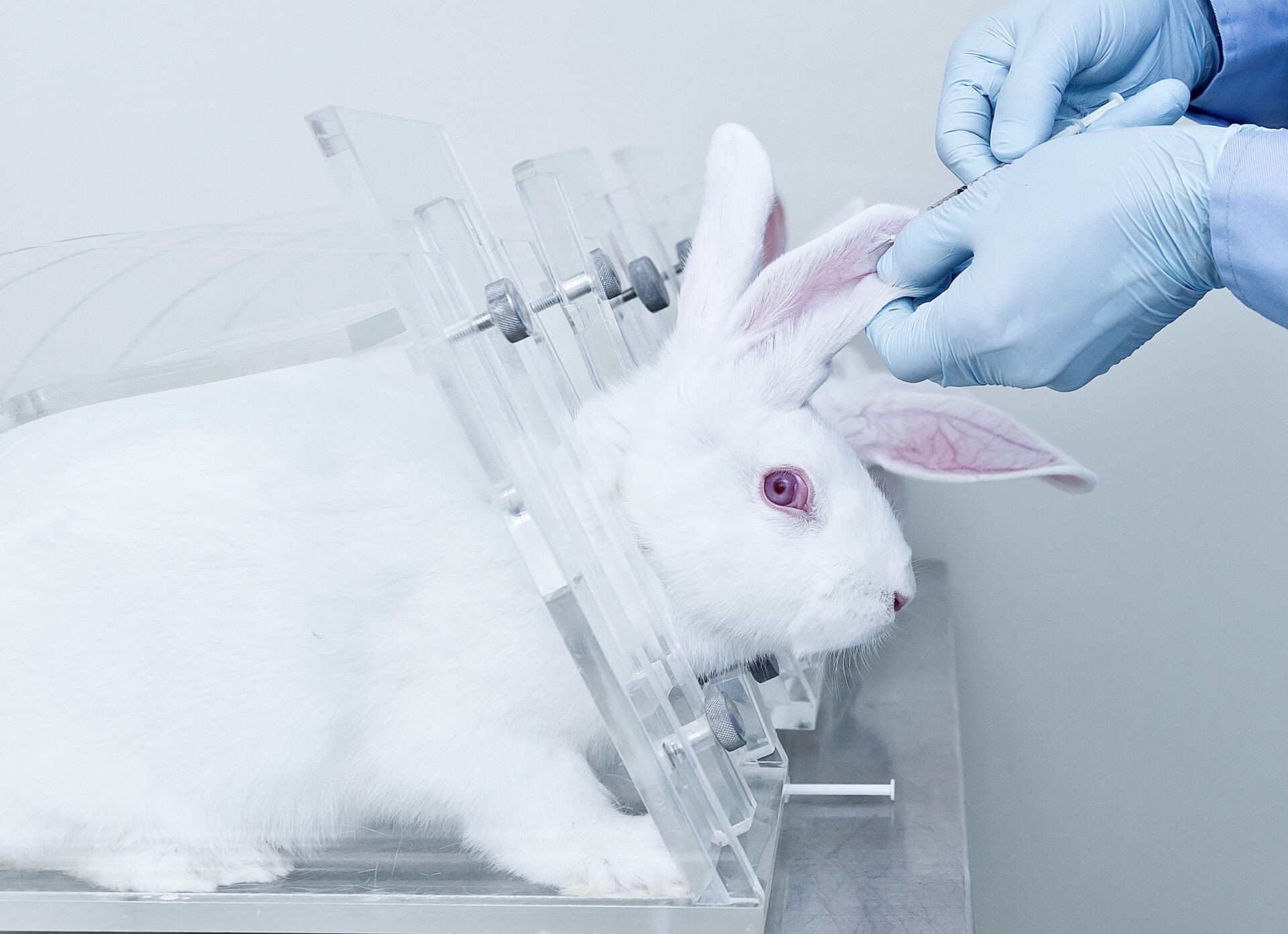
Laura Mercier is a French and American cosmetics and skin care line that was founded in 1996 by celebrity makeup artist Laura Mercier. The brand offers a range of products, from foundations and concealers to eyeshadows and lipsticks. Many people have often wondered:
In this blog post, we will answer these questions and more, as well as provide some cruelty-free alternatives to Laura Mercier products.
Before we dive into Laura Mercier’s animal testing policy, let’s first define what cruelty-free means.
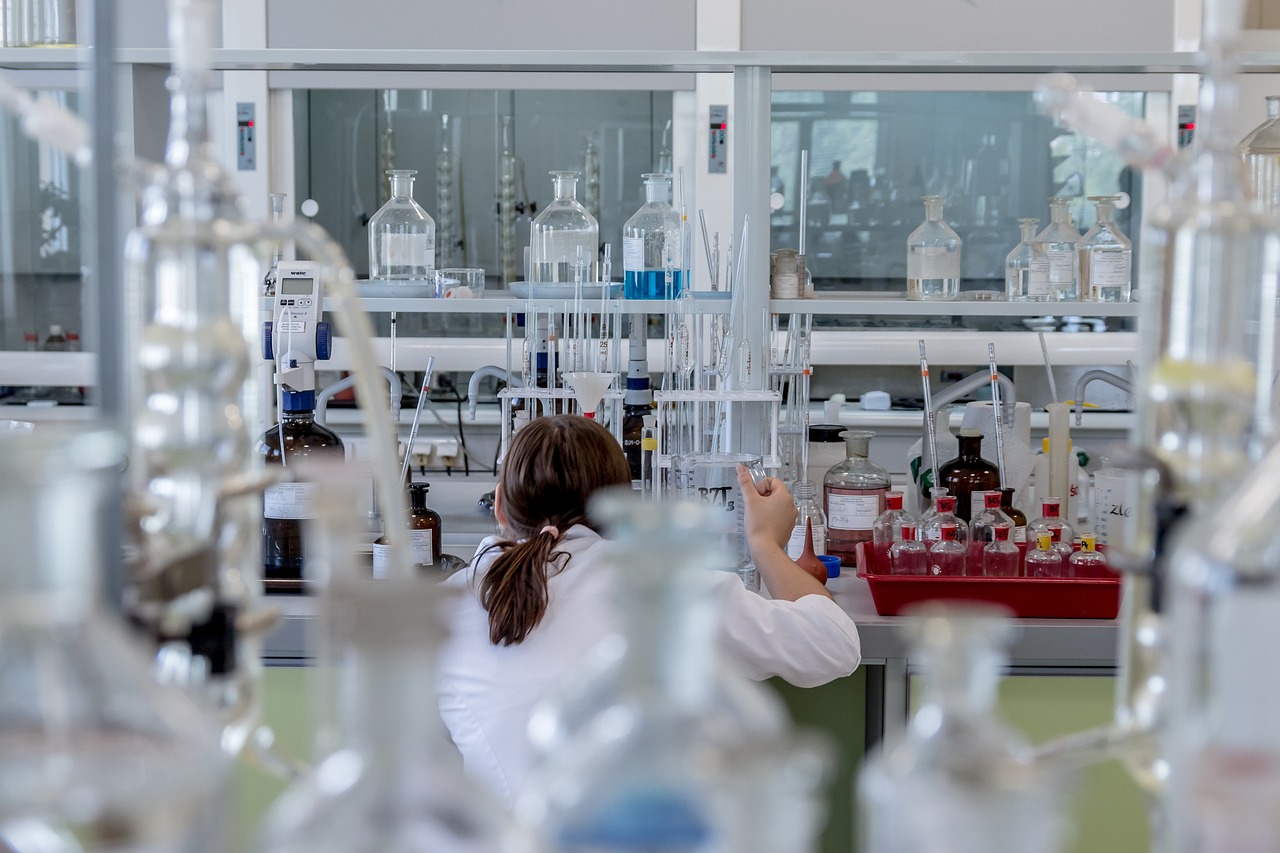
According to Cruelty-Free International, a leading organization that campaigns to end animal testing worldwide, cruelty-free means that:
The short answer is no, Laura Mercier is not cruelty-free.
The brand states on its website that it does not test on animals or ask others to test on its behalf, except where required by law. However, this statement is misleading and does not reflect the reality of Laura Mercier’s animal testing practices. Here are additional reasons to support why Laura Mercier is NOT cruelty-free:
One of the main reasons why Laura Mercier is not cruelty-free is because they sell their products in mainland China, where animal testing is mandatory for most imported cosmetics.
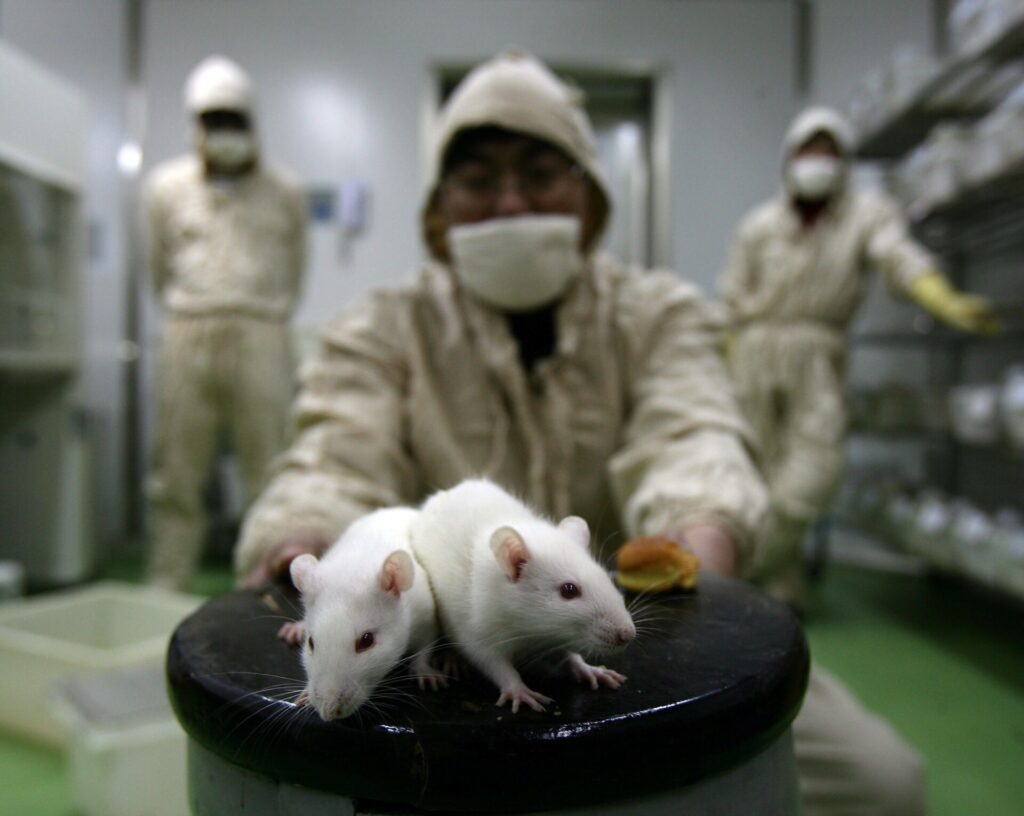
China is one of the largest and most lucrative markets for beauty products, but it also has some of the most stringent and outdated animal testing regulations in the world.
According to Humane Society International, an organization that works to protect animals across the globe, China requires all imported cosmetics, as well as some domestic ones, to undergo animal testing for safety and efficacy before they can be sold to consumers. These tests include skin and eye irritation, skin sensitization, phototoxicity, and acute toxicity, and they are performed on animals such as rabbits, mice, and guinea pigs.
Moreover, China also reserves the right to conduct post-market testing on any cosmetic product that is already on the shelves, without notifying the company or obtaining their consent. This means that even if a product has passed the pre-market testing, it can still be subject to further animal testing at any time, for any reason.
Another reason why Laura Mercier is not cruelty-free is because they are owned by Shiseido, a Japanese cosmetics giant that tests on animals. Shiseido owns several other brands that are not cruelty-free, such as NARS, BareMinerals, and Dolce & Gabbana.
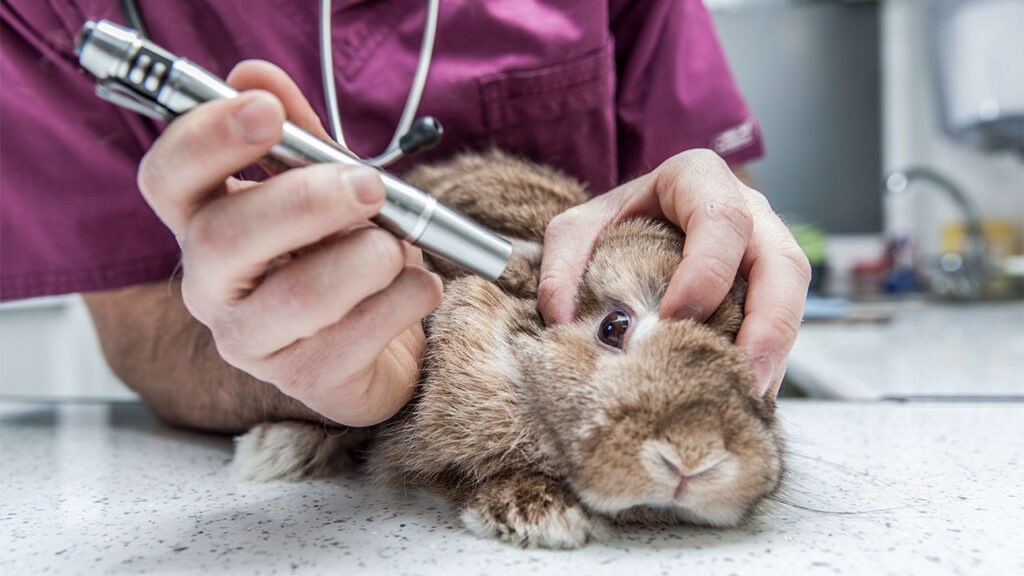
Shiseido claims that they are committed to ending animal testing and developing alternative methods, but the company also admits that it still tests on animals when required by law or when there are no other options available. Shiseido also sells its products in China, where it complies with the local animal testing regulations.
If you are looking for cruelty-free alternatives to Laura Mercier products, you are in luck. Many brands offer similar or even better products, without harming any animals in the process. Here are some of our favorites:
A cruelty-free and vegan-friendly brand that offers high-performance natural cosmetics, such as foundations, concealers, blushes, bronzers, highlighters, eyeshadows, mascaras, lipsticks, and more. Tarte is known for their Amazonian clay products, which are infused with skin-loving ingredients and deliver long-lasting results.
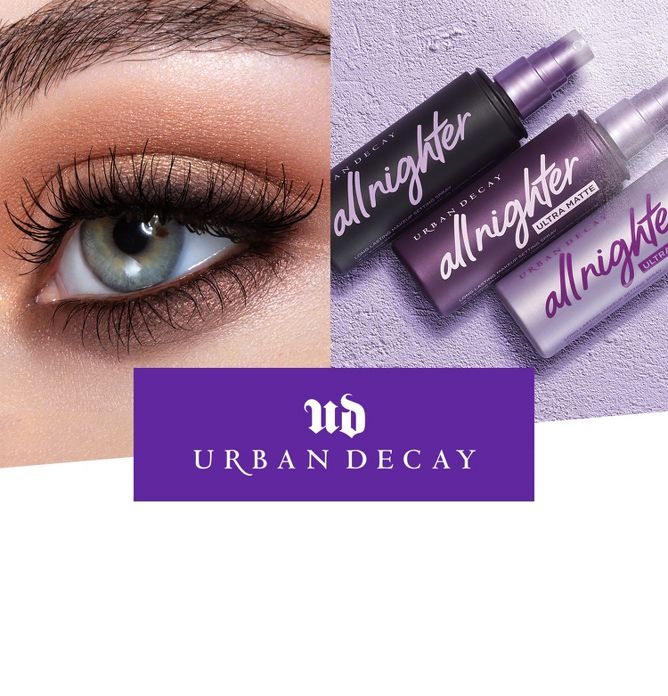
A cruelty-free and mostly vegan brand that offers edgy and innovative cosmetics, such as primers, foundations, concealers, powders, eyeshadows, eyeliners, mascaras, lipsticks, and more. Some of their other popular products include the All-Nighter Setting Spray, the Perversion Mascara, and the Vice Lipsticks.
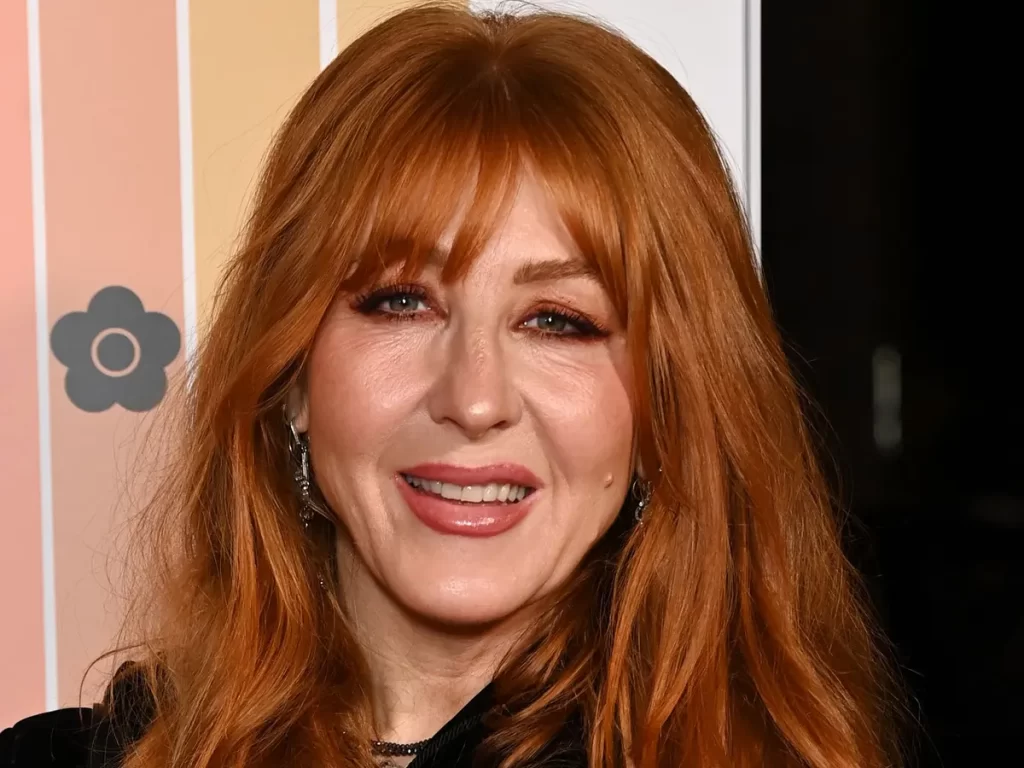
A cruelty-free and mostly vegan brand that is based in the United Kingdom. The brand specializes in TRANSFORMATIVE makeup tricks and tools that are easy to use, easy to choose, and easy to shop, for everyone at every age!
Yes, Laura Mercier does test on animals. They may not test on animals themselves, but they allow their products to be tested on animals by third parties when required by law, such as in China.
No, Laura Mercier is not vegan. Some of their products may not contain any animal-derived ingredients, but they are not certified as vegan by any organization. Moreover, since they are not cruelty-free, they cannot be considered vegan either.
No, Laura Mercier is not PETA certified. PETA is an animal rights organization that certifies brands as cruelty-free if they do not test on animals or sell in countries where animal testing is required by law. Laura Mercier does not meet these criteria, and therefore is not eligible for PETA certification.
No, Laura Mercier is not Leaping Bunny certified. Leaping Bunny is an international coalition of animal protection organizations that certifies brands as cruelty-free if they do not test on animals or allow their suppliers or third parties to test on animals at any stage of production. Laura Mercier does not meet these standards and therefore is not approved by Leaping Bunny.
We hope this blog post has helped you understand why Laura Mercier is not cruelty-free, and what are some of the cruelty-free alternatives to their products.
By supporting Laura Mercier, you are also indirectly supporting Shiseido and its animal testing practices. Some cruelty-free consumers choose to boycott brands that are owned by parent companies that test on animals, while others choose to support them based on their ethics and preferences.
Ultimately, the decision is up to you, but we believe that the best way to end animal testing is to support brands that are 100% cruelty-free and independent.
Thank you for reading, and remember to always choose cruelty-free!

